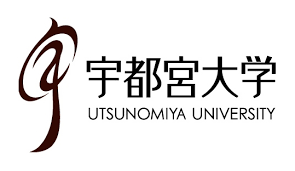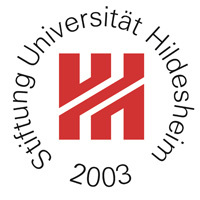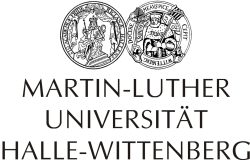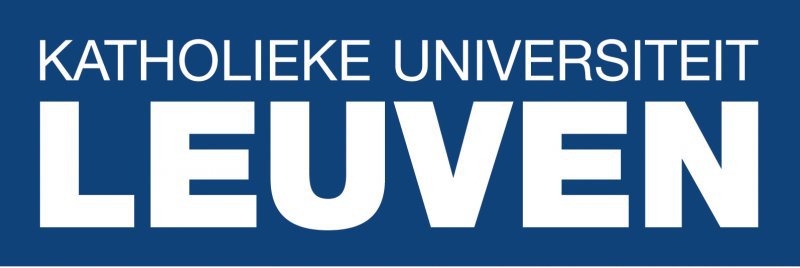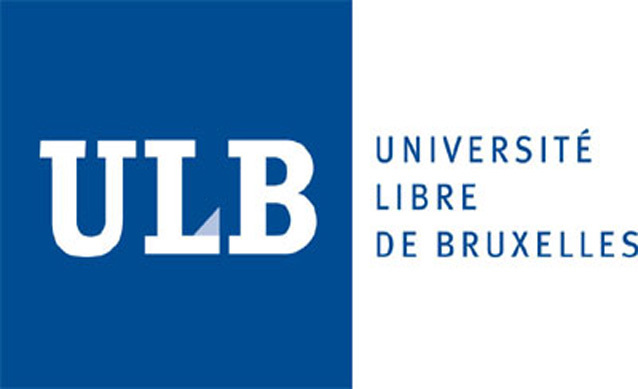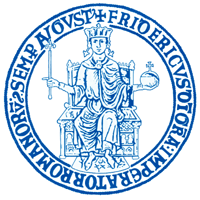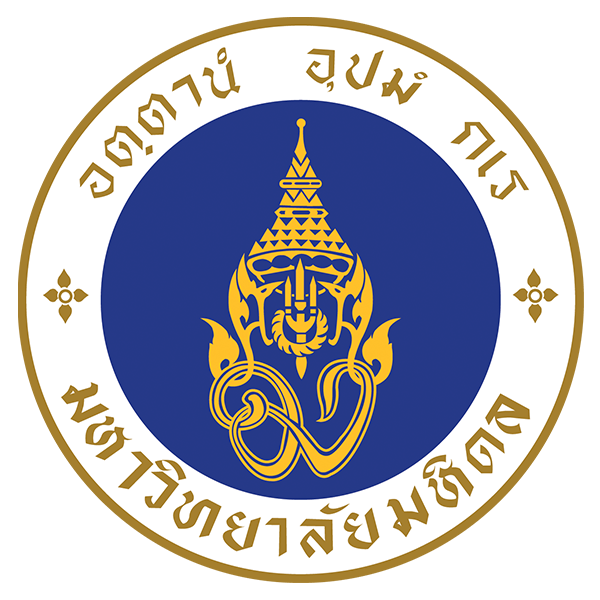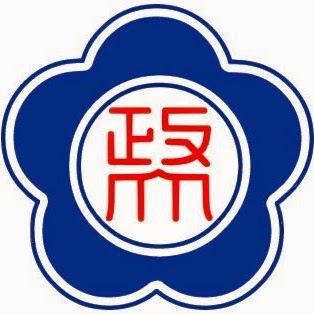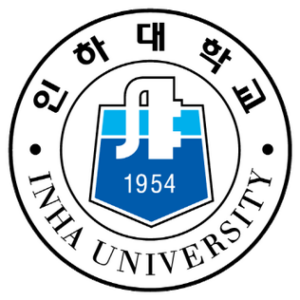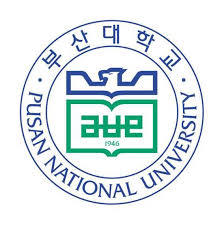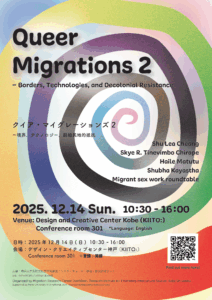

Japan
Core Institution
Kobe University
Research Center for Promoting Intercultural Studies (now, Research Institute for Promoting Intercultural Studies)
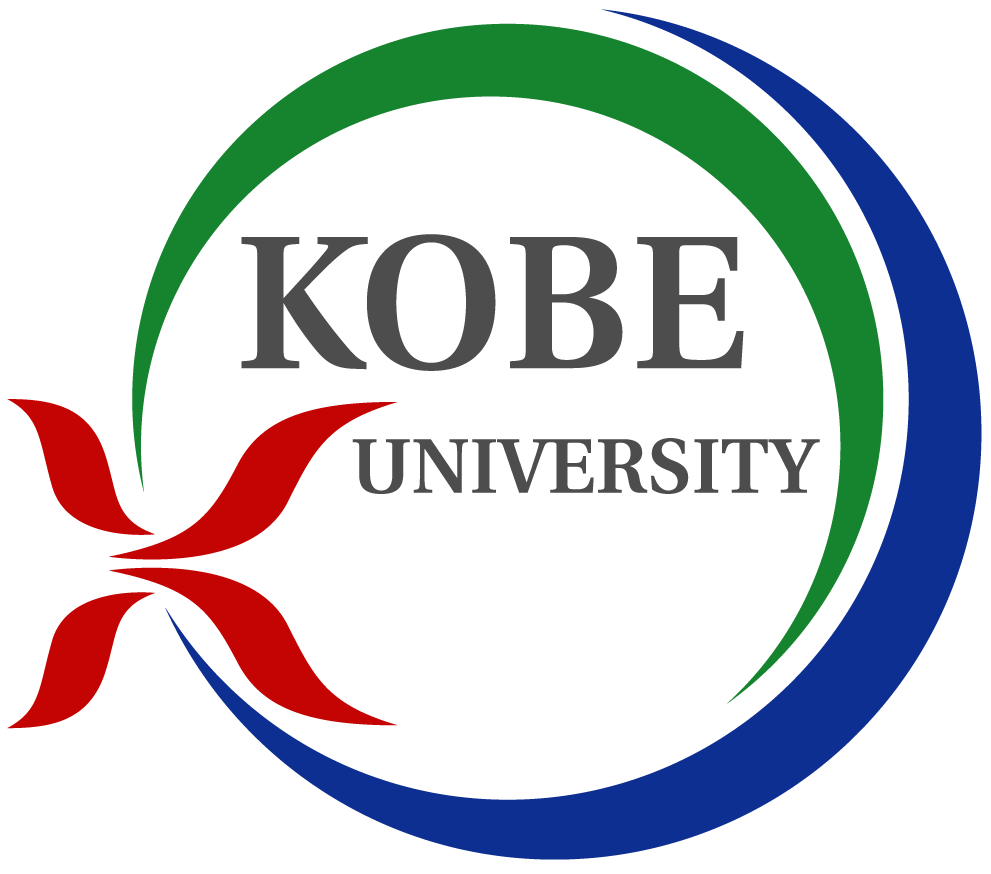
The Research Center for Promoting Intercultural Studies (PROMIS) in Kobe University serves as the core institution for this project, and it is responsible for liaising between the core institution and partner institutions. This center is composed of five divisions: Research and Development Division; Inter-Organizational Networking Division; International Exchange Division; Migration Research Division; and Priority Research Division. Each division leader plays an important role in this project, and the collective effort of these five divisions helps enrich and ensure the success of the project, which involves the collaboration of international and domestic researchers and also provides research support for young researchers. Through the efficient use of this center's financial and human resources, we will focus on enhancing the operational system. Kobe University's Graduate School of Intercultural Studies will mainly take care of the clerical support system. Moreover, this office, through mutual coordination with the International Department, communication and collaboration with the Japan Society for the Promotion of Science, and procedures for inviting foreign researchers will provide various types of support for appropriately managing and enforcing commission costs among other things.
Partner Institution
The Tokyo University of Foreign Studies Institute of International Relations is based on a solid foundation of language research and is also engaged in empirical international studies scholarship that involves both international relations and area studies. This institute, amid rapid globalization and the resulting human migration and multiculturalization, is an indispensable collaborating institution for macroanalysis from a world politics perspective and for the effective integration of empirical research on local situations.
Kyoto University
Graduate School of Letters,
Asian Research Center for the Intimate and Public Spheres

Kyoto University Graduate School of Letters Asian Research Center for the Intimate and Public Spheres is a research center founded for the Global COE Program, the “continual development of an Asian center aiming to reorganize the intimate and public spheres.” Its more specific responsibility is to establish a research area that examines the “reorganization of private and public spheres” from an Asian perspective, and therefore, to construct a network for international cooperation and raise global human resources through international cooperation. The center can play a role as a cooperating institution with which other institutions can work on this project. Although this center states that “the welfare state is being reduced in Europe,” Asian countries with “compressed modernity” faced the world economic crisis before they had constructed a welfare state. This project has an awareness of the intense problem that a country might face in not following the social development scenario in which it would move from a pattern of economic growth to a welfare state.
It is well known that the National Museum of Ethnology explores various current situations and dynamics of human culture from a wide range of ethnological and anthropological angles. Professor Akiko Mori, focusing mainly on Central Europe, studies how the lifestyle and culture of foreigners can collide with the urban culture that citizens and workers have created and how foreigners adapt to the same. Associate Professor Makito Minami conducts investigations of Nepalese worker communities in Japan and of the media. Assistant Professor Hironao Kawai explores cross-border ethnography related to the movement of the Han Chinese in the South China Sea ring and cultural regeneration. The participation of these three researchers will make an important contribution to this project in terms of deepening our understanding of the issues.
Utsunomiya University’s Faculty of International Studies is located in Tochigi Prefecture where the number of South American children enrolled in school has rapidly increased as a result of the increasing settlement of migrant workers there. Professor Matsuo Tamaki served as the representative of the “Utsunomiya University HANDS Project—a regional collaboration project for foreign student support in northern Kanto,” which is an opportunity supported by the MEXT special expenses project, and he works to directly address the challenge of “how to build stable multicultural communities in the face of regional globalization.” Utsunomiya University has been certified as an associate member of the Association of Professional School of International Affairs (APSIA), and its research on education is highly regarded internationally. For the above reasons, Utsunomiya University’s participation in this project is essential.
In provincial cities, multiculturalization that has followed an increase in the influx of migrant workers, coupled with the aging of the population and a low birth rate, has raised an urgent issue related to language studies in general and Japanese language studies in particular. A particularly important issue is that the difference between standard Japanese, which is taught to immigrants, and the dialect of locals with whom they live in close proximity often interferes with migrant workers’ attempt to establish roots in the areas where they live. Therefore, in addition to the National Language Institute, Toyama University’s East Asian Languages and Cultures program has formed a network of regional national universities in Japan and is an essential collaborating institute for this project in that it explores the question of how to deal with adaptation issues, such as the aforementioned, that are arising from multiculturalization.



